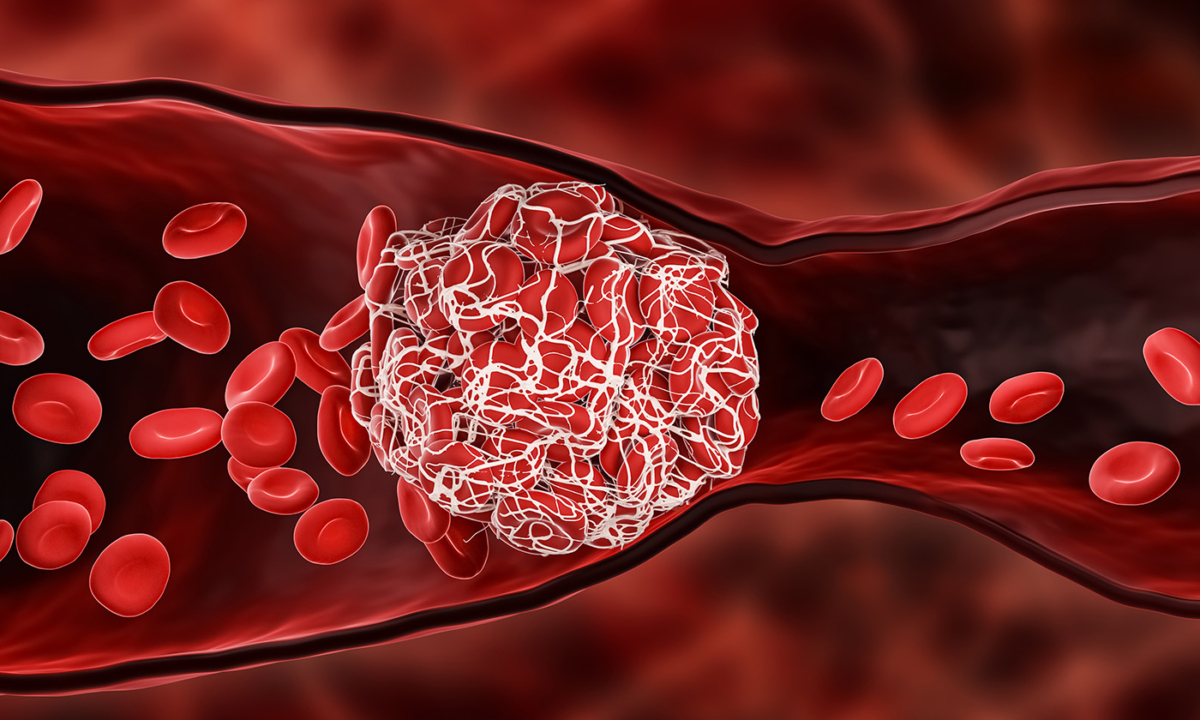


As the body ages, the development of arteriosclerosis becomes more common, increasing the risk of cardiovascular and cerebrovascular diseases. Fortunately, health experts believe adopting heart-healthy eating habits can improve blood vessel health and reduce the risk of heart disease and stroke.
Arteriosclerosis occurs when arteries, which transport oxygen and nutrients from the heart to other parts of the body, become thickened and hardened—restricting normal blood flow. Arteriosclerosis is divided into three types: small artery arteriosclerosis, middle artery arteriosclerosis, and atherosclerosis.
Atherosclerosis is particularly harmful as it is caused by the accumulation of fat, cholesterol, and other substances in or on the arterial wall. It can cause arterial stenosis, blockage of blood flow, and plaque rupture leading to blood clots, which are the main causes of myocardial infarction and cerebral infarction.
According to the Cleveland Clinic, arteriosclerosis can lead to other serious complications such as:
Vascular endothelial cells play a critical role in vascular homeostasis and disease. One of the earliest detectable changes in the development of atherosclerosis is endothelial cell activation and dysfunction.
Atherosclerosis is a chronic inflammatory disease of the arteries characterized by the formation of plaques composed of lipids, immune cells, and smooth muscle cells. Endothelial dysfunction promotes the infiltration of lipids and immune cells into the arterial wall, leading to the formation of plaques.
Fortunately, endothelial dysfunction has a positive response to dietary changes. Developing a healthy diet beneficial to heart health is a good start to improving vascular health.
Consuming foods that help maintain vascular elasticity and patency can reduce the risk of heart disease and stroke.
Chia-Ling Kuo, a nutritionist at KUO General Hospital, Tainan, Taiwan, suggests eating the following four foods to maintain artery health:
Pecans are a rich source of antioxidants, monounsaturated fatty acids (MUFA), protein, alpha-linolenic acid (ALA), fiber, and various vitamins and minerals. A study published in Advances in Nutrition in 2017 showed that MUFA helps reduce the risk of cardiovascular disease and other inflammation-related diseases.
ALA in walnuts is also beneficial for cardiovascular health. A meta-analysis published in Advances in Nutrition in 2022 showed that increasing ALA in the diet is associated with a 10 percent reduction in total cardiovascular disease risk.
The main fatty acid in olive oil is oleic acid. Studies have found that oleic acid not only has modest effects on the regulation of cholesterol levels but also appears to have a direct impact on the inflammatory response associated with the early stages of atherosclerosis.
Along with other more highly unsaturated fatty acids, such as omega-3 and omega-6 fatty acids, oleic acid may prevent atherosclerosis by regulating the gene expression for endothelial leukocyte adhesion molecules. Endothelial leukocyte adhesion molecules play a crucial role in the early stages of atherosclerosis. These molecules facilitate the adhesion and migration of immune cells into the arterial walls, contributing to the development of plaque formation.
A study published in the Annals of Nutrition and Metabolism in 1993 showed that supplementation of olive oil in the diet changes the lipid composition of low-density lipoprotein which has anti-atherosclerotic properties.
Cauliflower is an important source of folic acid and offers 55 mcg of vitamin C in a single one-cup serving.
The benefits of folic acid found in whole foods for cardiovascular health have been known since the 1970s. Folic acid and other B vitamins help break down homocysteine—an amino acid that may damage arterial walls and increase the risk of stroke or heart attack.
Research shows that although vitamin C (ascorbic acid) cannot reverse inflammatory vascular diseases such as atherosclerosis, it can prevent endothelial dysfunction, which is a sign of many such diseases.
Studies have found that dark chocolate helps restore artery flexibility and prevents white blood cells from adhering to the blood vessel wall—common causes of arterial blockage.
Another study published in December 2016 by the Multidisciplinary Digital Publishing Institute showed that cocoa is rich in high-quality antioxidant polyphenols, such as catechins, anthocyanins, and proanthocyanidins. In addition to their antioxidant properties, cocoa polyphenols have hypotensive, antiplatelet, anti-inflammatory, metabolic, and anti-atherosclerotic effects and improve vascular endothelial function.
